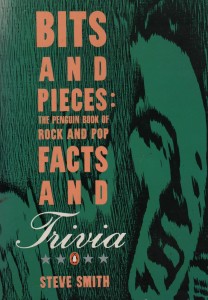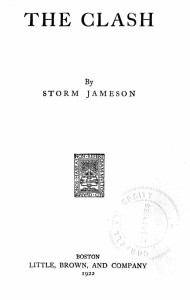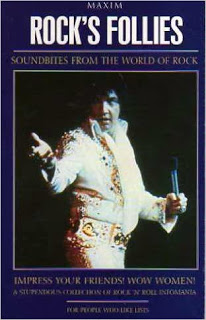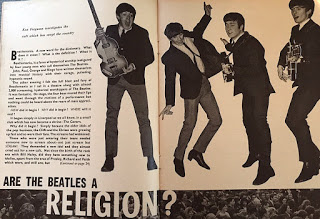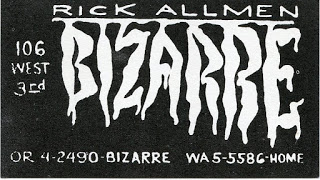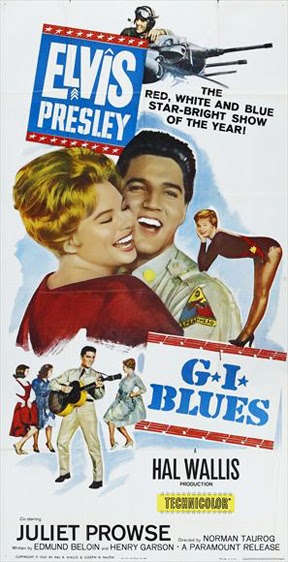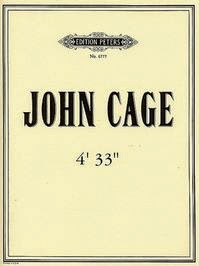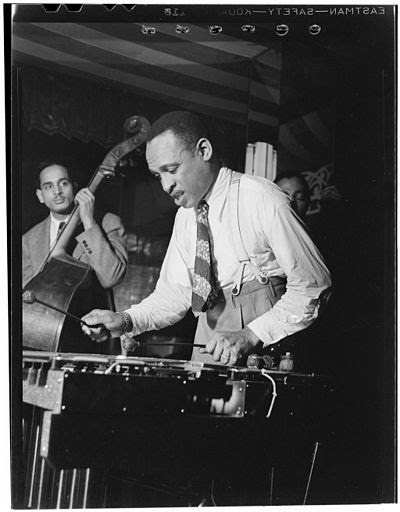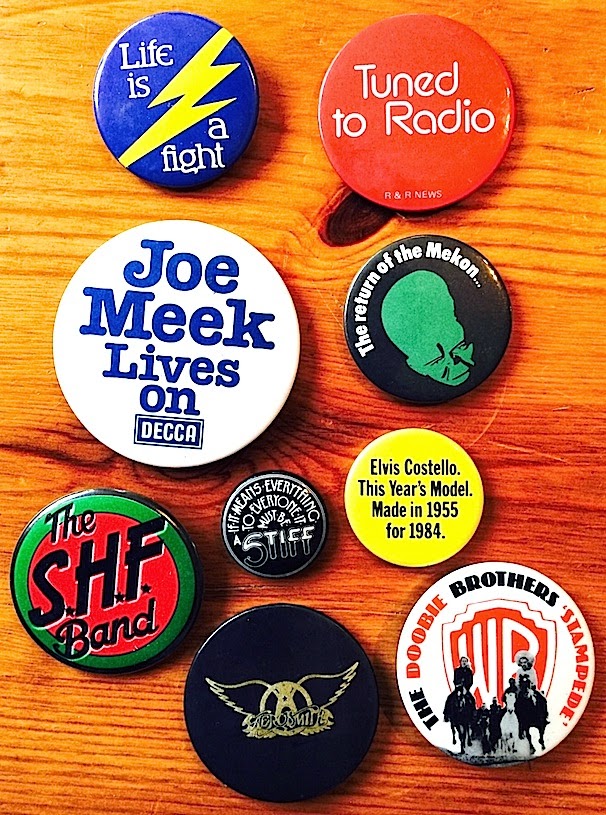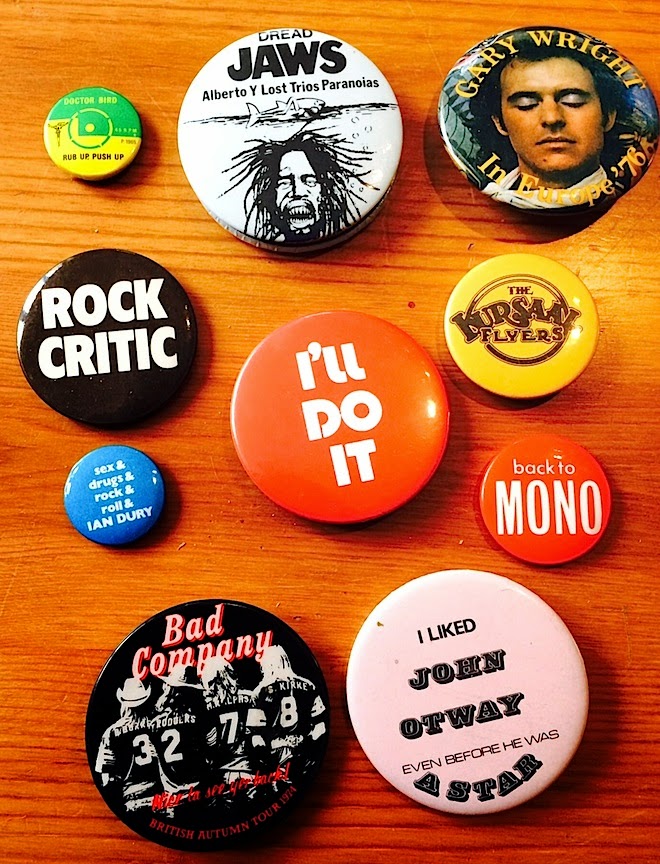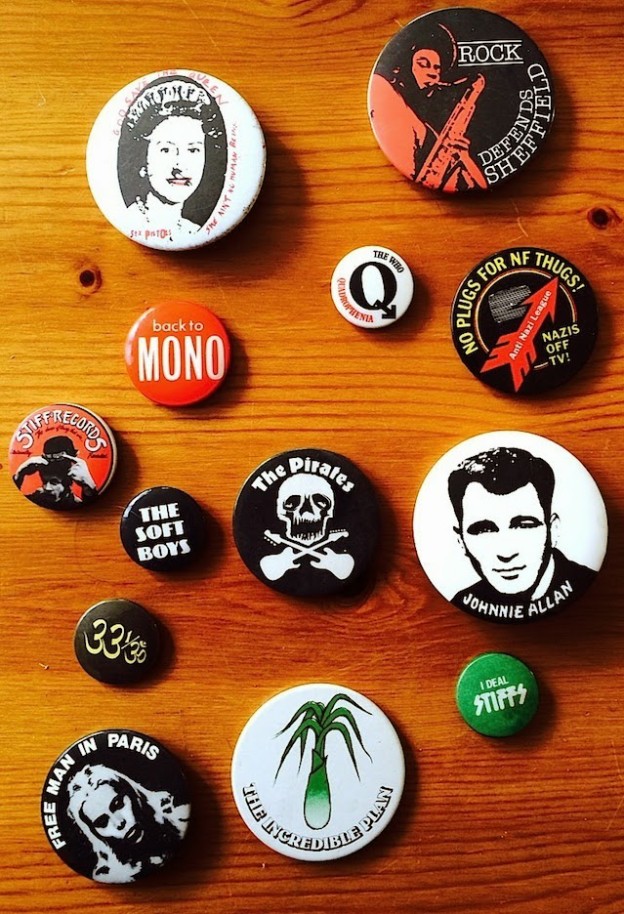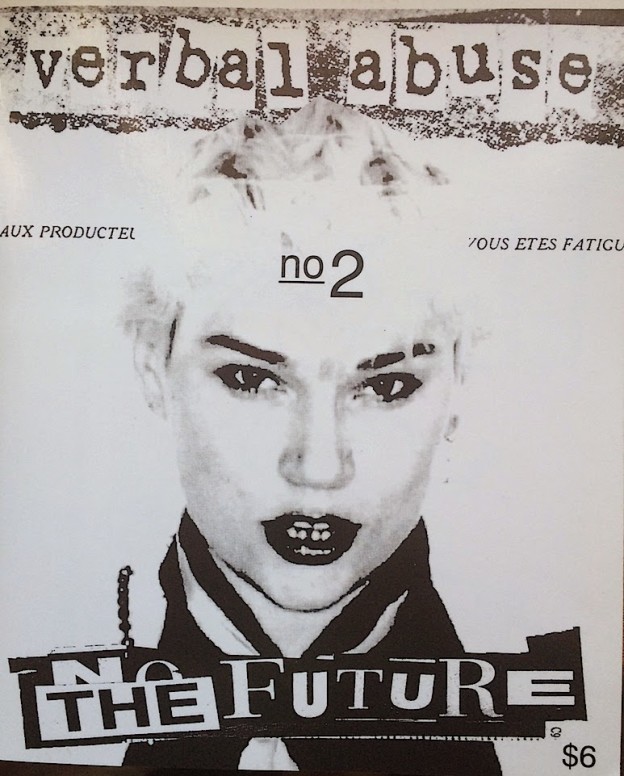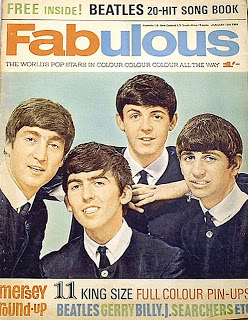Who remembers P.J.Proby? He was that twenty something, good looking Texan, born James Marcus Smith, who with his jet black hair tied back an energetic, gyrating act and hit single covers from West Side Story ( 'somewhere there’s a place for us…) was the sensational new male vocal act in 1965---a sort of Elvis lookalike, but with a better voice, many thought, than the King of Rock himself. Then he split his pants, not once but twice, and was banned from the BBC and from just about every venue in the UK. By then he had a fleet of Rolls Royces a yacht and Lear Jet and homes in Beverley Hills and Chelsea, but nowhere to sing, at least in the UK, which had become his adopted home.

Frustrated, he still recorded the odd album, and once the split pants furore had died down, he took to the stage in various musicals. Before too long, however, he had an alcohol problem and a failed marriage. The cars and properties were liquidated, but he continued to sing and act, most notably playing Elvis. But the drinking continued. Other marriages went under. His lowest point came in 1985, according to a cutting from a magazine collected by Peter Haining, when he was snapped in his Bolton bedsit slumped on a sofa clutching a can of Special Brew—still just 47,but hardly recognisable as the sleek mid sixties sex symbol. By then he was reduced to gigs in northern clubs, but with a reputation as a ‘no show’. Haining seems to have been fascinated by the singer’s fall from grace, because he also archived a special Sunday Times Proby supplement of 1965, when the singer was at his height.
Amazingly, Proby refused entirely to go under, performing and recording as he needed to, proving his versatility by doing covers of two punk rock classics in the late eighties. The most astonishing departure must be his recording of Eliot’s Waste Land in 1999—perhaps not so remarkable when one considers that the Harvard educated poet grew up in St Louis, which is not so too far away from Proby’s home town of Houston. By this time the singer had cleaned up his act and had settled in Evesham, Worcestershire (which he pronounced 'Woostershire' ), in a house surrounded by five acres, he having in a later interview confessed that he hated cities and was a country boy at heart. However, disaster struck in 2012, when the seventy-four year old was brought to court on a charge of benefit fraud. Indignant at the very notion, he defended himself, arguing that any benefits he received were due to him as someone who suffered from alcoholism and a disability sustained while playing American Football.
He was acquitted, though he afterwards confessed that the whole affair had forced him to downsize to a bungalow in the hamlet of Twyford, in prime apple growing country just north of Evesham, where he still lives, his garden peopled with totem poles and palms planted in large pots. This year Proby will be 77. He still belts out the old R & B classics and though, despite the prominent sideburns, he would now win no prizes as an Elvis lookalike, the voice, which back in 1965, was regarded by many in the know as one of the most powerful in pop, is undiminished. [R.R.]
